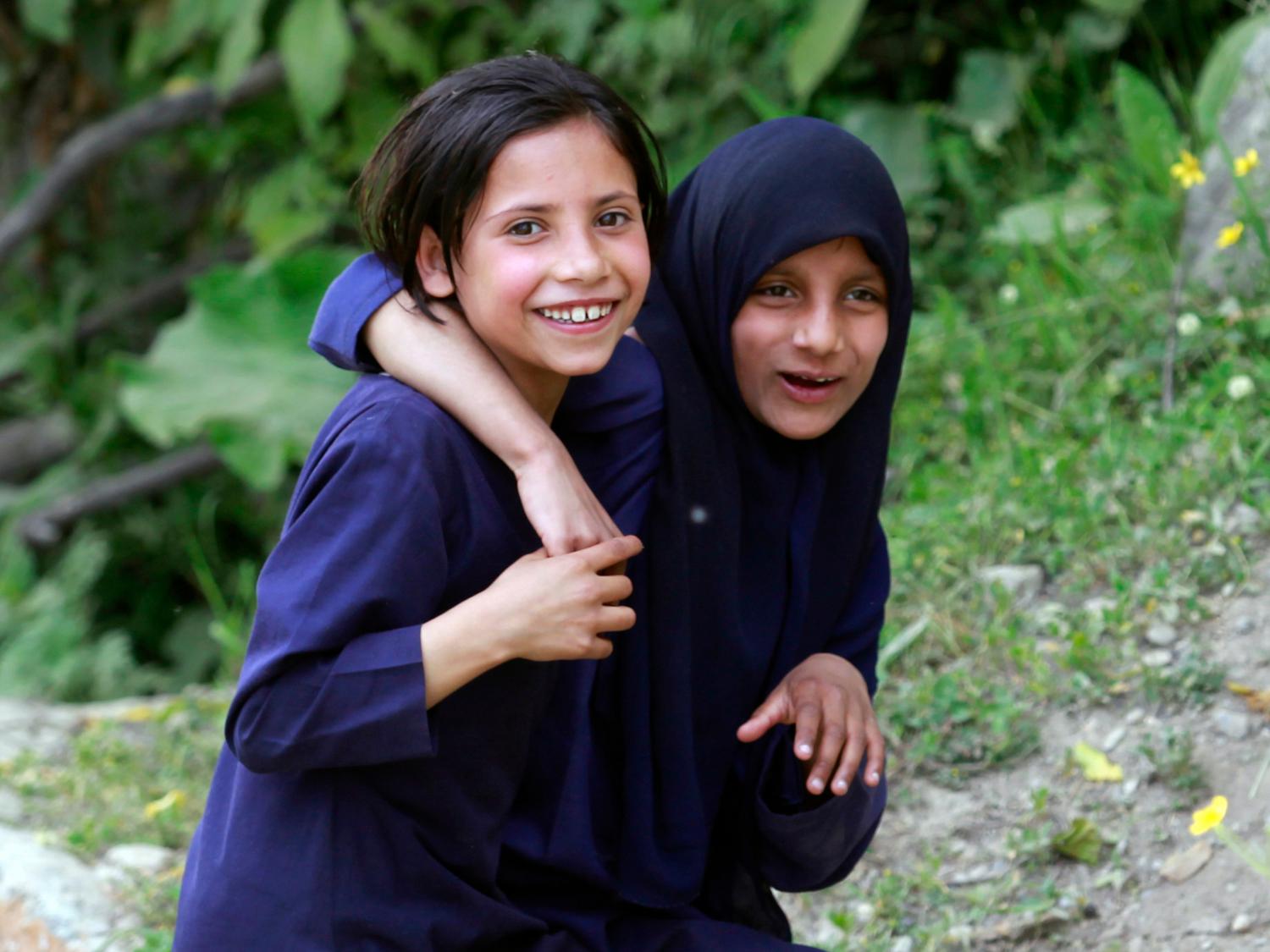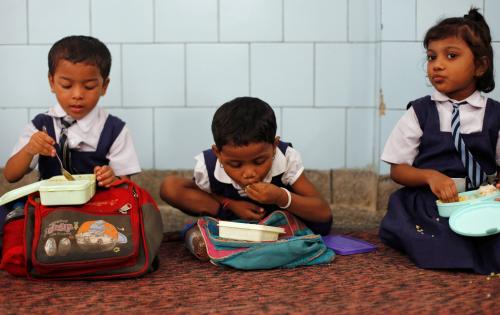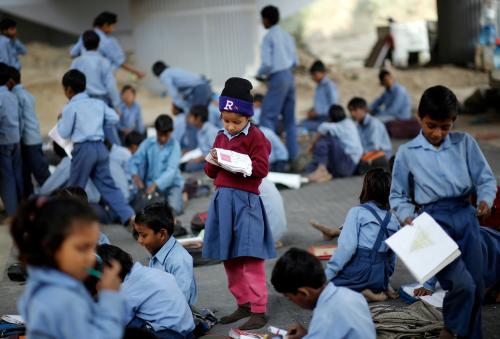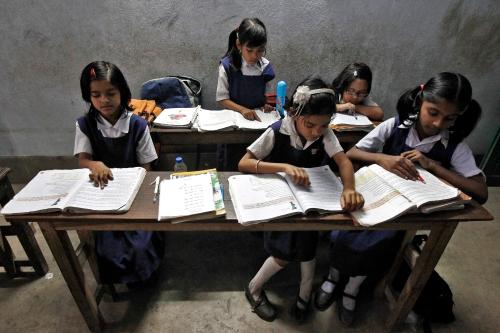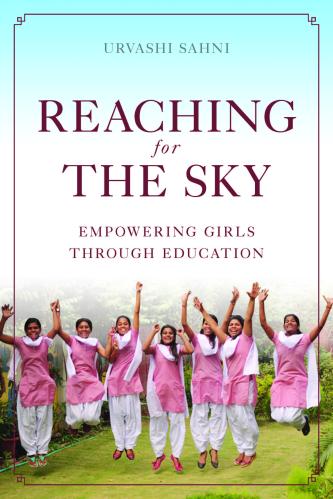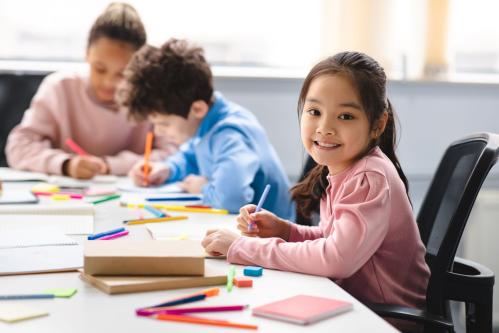Both globally and in India, the discourse around girls’ education is particularly charged. There is an urgency as it is now understood that developmental promises cannot be fulfilled unless gender equality is taken seriously. Generally, a complete, high-quality secondary school education for girls is seen as a vital pathway to achieving gender equality. The term “empowerment” is widely used in international development discourse in close conjunction with girls’ education and gender equality, and implies a necessary correlation of girls’ education with their empowerment. Many scholars and researchers have challenged this assumption noting that simply getting girls into school and ensuring that they finish is not enough. There should be a focus on process, content, and curricula that critically address inequitable social norms and structures.
This policy brief recommends including gender studies as an official part of the curriculum in India, along with proper pedagogies, processes, structures, and teacher training.

